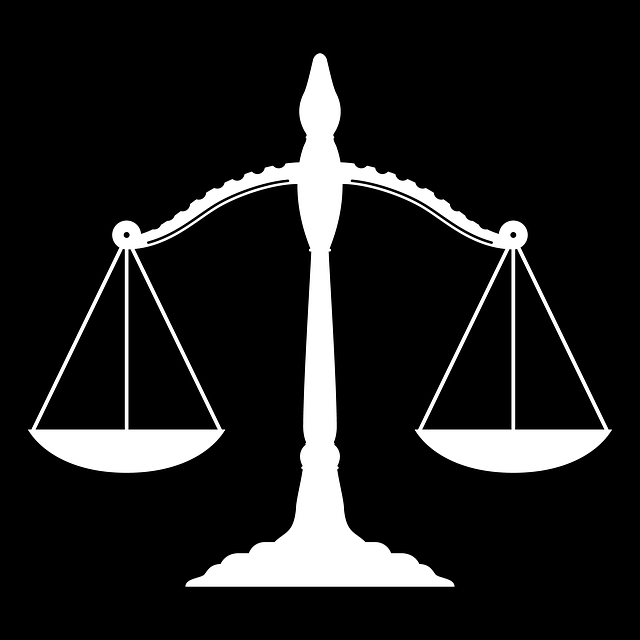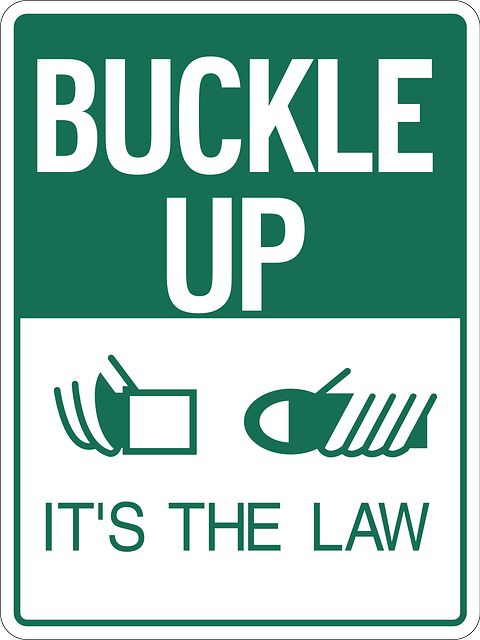In developing effective criminal law frameworks, balancing investigative powers with due process is key. Expert Advice on Healthcare Regulatory Compliance plays a pivotal role in this balance, ensuring fairness and efficiency. Integrating healthcare-specific knowledge into enforcement processes prevents mistakes, strengthens public trust, and aligns with legal mandates for precise dispute resolution. Comprehensive training, clear policies, regular audits, and open communication are essential tools to achieve this, fostering a just and effective criminal justice system.
In the intricate landscape of criminal law enforcement, effective regulation is paramount. This article offers expert advice on healthcare regulatory compliance, a crucial aspect often overlooked in the pursuit of justice. We explore foundational knowledge, key aspects, and best practices for law enforcement agencies to ensure robust adherence to healthcare regulations. By understanding these principles, agencies can enhance their operations, promote fairness, and deliver quality care within the criminal justice system.
- Understanding Criminal Law Enforcement: A Foundation for Effective Regulation
- Key Aspects of Healthcare Regulatory Compliance in a Criminal Justice Context
- Strategies and Best Practices for Ensuring Robust Healthcare Regulatory Adherence within Law Enforcement Agencies
Understanding Criminal Law Enforcement: A Foundation for Effective Regulation

Understanding Criminal Law Enforcement is paramount for establishing effective regulatory frameworks. This involves a deep dive into the intricate all stages of the investigative and enforcement process, ensuring each step aligns with due process and constitutional rights. An expert’s advice on healthcare regulatory compliance, for instance, highlights the importance of balancing public safety with individual liberties.
A robust criminal justice system boasts an unprecedented track record in resolving disputes, meting out justice, and deterring potential offenders. This success hinges on a comprehensive grasp of general criminal defense strategies, evidence collection protocols, and legal precedents. By mastering these aspects, regulatory bodies can foster a fair and efficient legal landscape that protects citizens while upholding the rule of law.
Key Aspects of Healthcare Regulatory Compliance in a Criminal Justice Context

In the intricate landscape of criminal law enforcement, ensuring Healthcare Regulatory Compliance is a vital aspect that often goes unnoticed but significantly impacts outcomes. Expert advice suggests that navigating this complex web requires a deep understanding of the unique challenges presented by healthcare settings. These include adhering to stringent standards related to patient records, medication management, and reporting procedures, all while maintaining the integrity of investigations involving white-collar and economic crimes. By integrating these considerations into every stage of the investigative and enforcement process, law enforcement agencies can ensure the pursuit of justice remains untainted.
A key strategy for achieving this is staying abreast of evolving regulations and seeking guidance from specialized experts who can offer tailored solutions. This proactive approach enables investigators to avoid costly mistakes and potential complete dismissals of all charges. It also facilitates a more efficient process, ensuring that every step taken during the enforcement process aligns with legal mandates, thereby enhancing the overall effectiveness of criminal justice administration.
Strategies and Best Practices for Ensuring Robust Healthcare Regulatory Adherence within Law Enforcement Agencies

Ensuring robust healthcare regulatory adherence within law enforcement agencies is paramount to maintaining integrity and public trust. Expert advice on healthcare regulatory compliance emphasizes a multifaceted approach. Firstly, comprehensive training programs should be implemented to educate officers about specific healthcare regulations pertinent to their roles. This includes understanding patient rights, confidentiality protocols, and reporting obligations for medical incidents during arrests or detention.
Secondly, establishing clear policies and procedures tailored to each agency’s operations is crucial. These guidelines must address issues like access to emergency medical care, routine health screenings, and the documentation of any healthcare-related interactions. Regular audits and oversight mechanisms can help identify gaps in compliance, ensuring that agencies remain accountable. Additionally, promoting open communication between healthcare professionals and law enforcement fosters a collaborative environment, facilitating timely interventions and avoiding situations that might lead to complete dismissal of all charges or prolonged jury trials due to regulatory non-compliance.
In conclusion, navigating criminal law enforcement requires a robust understanding of healthcare regulatory compliance. By integrating expert advice and best practices, law enforcement agencies can ensure their operations uphold the highest standards of care. This comprehensive approach not only fosters effective regulation but also strengthens public trust, ultimately contributing to a safer and healthier society.






